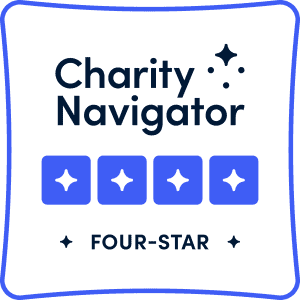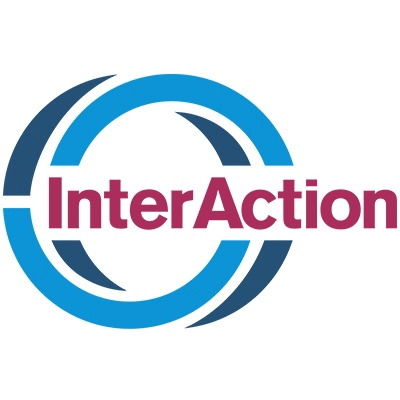Health
However, new trends show that HIV/AIDS, malaria and other potentially fatal conditions are preventable. When provided with accurate information, and freed from the social taboos, attitudes and behaviors that fuel these diseases, people have proven that they can protect themselves and their families. Steady increases in HIV treatment and prevention efforts have greatly reduced the number of new HIV infections and AIDS-related deaths around the world, especially among children.
We equip local volunteer leaders with information, training and materials to go out and educate their communities. In partnership with governments and other civil society organizations, we provide access to health care services, immunizations, antiretroviral treatments and more.
As the global community continues to adjust to the daily challenges presented by the COVID-19 pandemic, we remain committed to slowing its spread and mitigating its impact. With our already existing networks of local leaders across 13 Program Countries, we have an unparalleled organization-wide capacity to respond to the needs of this rapidly developing situation.
Our response focuses efforts to spread messaging from credible sources like WHO and local public health infectious disease authorities among our networks of community leaders. We inform and encourage our partners about the role they play as community leaders and elected leaders in stopping the spread of the virus. We leverage our role as thought leaders to raise awareness and ensure the government is accountable to local communities.
WHAT WE DO
- Provide access to HIV/AIDS testing and treatments. In addition to generating awareness about the root causes of HIV/AIDS infections, mobile voluntary counseling and testing (VCT) services are offered in partner villages. Some of our epicenters in Malawi also partner with the government to provide communities with access to antiretroviral treatments. We launched HIV/AIDS and Gender Inequality Workshops to educate partners in transforming the conditions that have perpetuated HIV/AIDS.
- Establish Microfinance Programs for people living with HIV/AIDS. In Malawi, a special Microfinance Program aims specifically at prioritizing often ostracized HIV-positive partners. We believe that all people have the right to access resources that can help them live better and more independent lives. With access to loans, people living with HIV/AIDS can–and do–improve their lives.
- Distribute anti-malarial bed-nets. Insecticide-treated bed nets are distributed throughout communities, often in partnership with like-minded organizations. For example, we partner with UNICEF on the sale and distribution of low-cost, anti-malarial bed nets within our community epicenters. Over the years, we have distributed hundreds of thousands of bed nets.
- Promote maternal and childhood health. Women and children are key agents of change, so we promote maternal and child health by lifting the voices of women in decision-making and gain awareness about the importance of pre- and postnatal care.
- Distribute female condoms. We inform women in Malawi to take control of their sexual and reproductive health with the distribution of female condoms at epicenter health centers.
Related News
Make change happen. Invest in people.
Mailing address
The Hunger Project
110 West 30th Street, 6th Floor
New York, NY 10001
Get connected
Join the conversation on social, and stay connected with the latest from our partners around the world.
Stay informed
Subscribe to our newsletter to receive updates of latest news and events.
© The Hunger Project | Website by The Good Alliance






